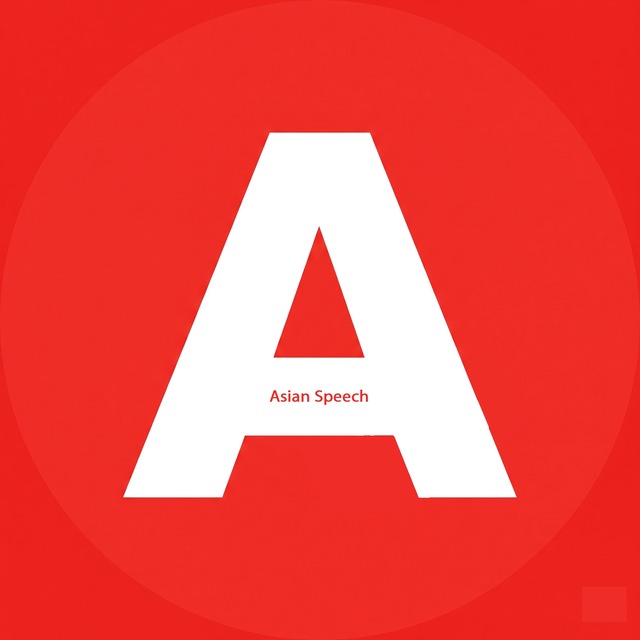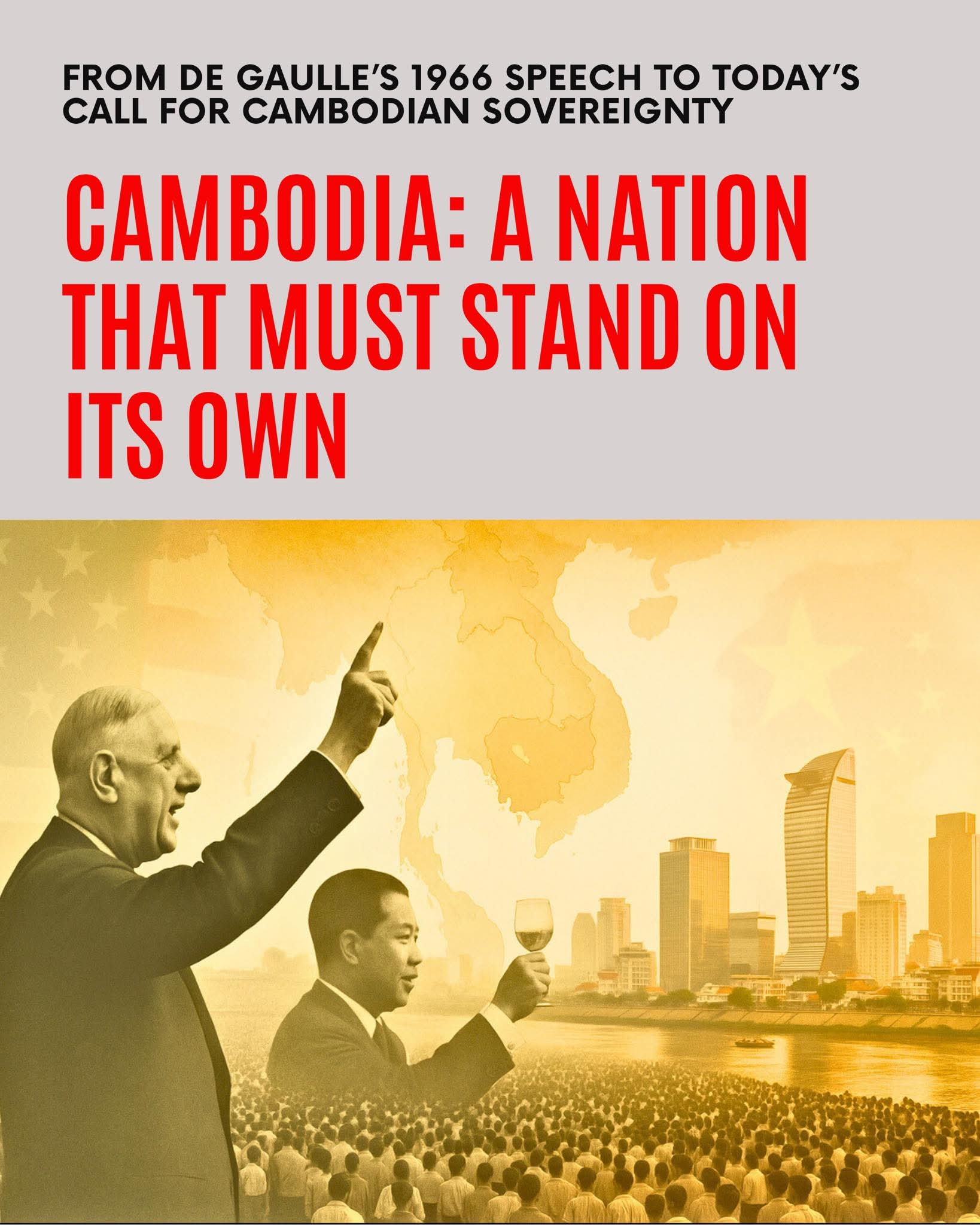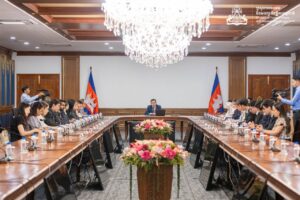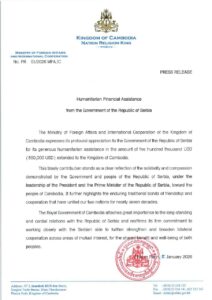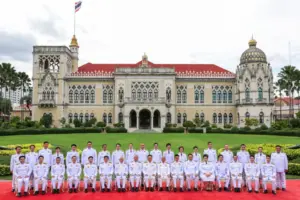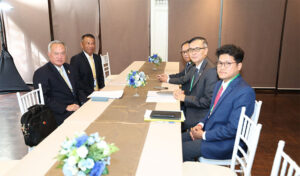Cambodia’s moment to reclaim De Gaulle’s legacy
In September 1966, Charles de Gaulle stood before a crowd in Phnom Penh’s stadium and spoke words that still reverberate six decades later. He defined Cambodian neutrality not as a vague posture but as a legal architecture: no military pacts, no allegiances, no foreign bases, no taking sides. He proposed Southeast Asia itself be “constituted as a zone of neutrality” under the guarantee of the great powers. He told the United States its war in Vietnam would have “no military solution.” And he told Cambodians that their nation was maître de lui, master of itself.
For Prince Norodom Sihanouk, who toasted the visit as a “garantie supplémentaire de la neutralité et de l’inviolabilité du Cambodge,” it was validation. For Washington, Canberra, and Saigon, it was provocation. For Cambodia, it became part of its diplomatic DNA. The words sovereignty and territorial integrity paired together, the rejection of foreign bases, the appeal to international guarantees, these formulas survive in Cambodian diplomacy to this day.
As a Frenchman who has lived and built in Cambodia for more than thirty years, I cannot read those lines without seeing their enduring relevance in September 2025.
We stand again at a moment when small states are pressed by the gravitational pull of great powers. China’s presence is dominant, from infrastructure to finance. The United States and Europe, through sanctions, tariffs, and Indo-Pacific strategies, exert their own pressure. The global order is fragmenting into blocs, a 21st century echo of the Cold War that framed de Gaulle’s speech.
And once again, Cambodia risks being reduced to a pawn on someone else’s chessboard.
This is why de Gaulle’s legacy matters. Not as nostalgia for a French role that no longer carries decisive weight, but as a reminder that Cambodia can and must reclaim the language of sovereignty, neutrality, and self-determination. To say no to foreign bases on its soil. To insist that sovereignty and territorial integrity are not abstractions but “conditions fondamentales de la paix.” To remind the world that small nations, too, can be maîtres d’eux-mêmes.
The truth is that de Gaulle’s speech offered Cambodia symbolism more than substance. No aid package, no mediation, no enforcement. Sihanouk was disappointed, and soon leaned harder on Beijing. That is a lesson in itself: neutrality without balance, guarantees without credibility, remain fragile.
But the architecture de Gaulle articulated, neutrality as a legal condition, not a slogan, remains a powerful tool if Cambodia chooses to use it. At a time when ASEAN struggles to speak with one voice, Cambodia could reassert itself as a convener, a crossroads, a place where East and West can meet. This role would not replace economic ties with China or trade with the United States. It would complement them, give Cambodia agency, and restore the spirit of Phnom Penh 1966.
De Gaulle ended his address by declaring: “Nation cambodgienne, qui veut vivre, qui est digne de vivre, qui vivra!”, A Cambodian nation that wants to live, that is worthy of living, that will live.
Those words are as urgent today as they were then. In a new world order where fragmentation, coercion, and rivalry dominate, Cambodia’s path to survival and dignity lies not in choosing sides, but in reviving its sovereign neutrality as the foundation of its diplomacy. That is the legacy we should remember and the path forward we should demand.
Arnaud Darc
